Having the above error in your Android JNI app? Read on...
Up front, I'll say that I've already solved this, in my own way, but I feel something in the Android build system (perhaps regarding Eclipse) is broke, and I hope to save someone else hours of pain. Perhaps others have come across this issue and can comment on what worked for them.
For a while, I've had an Android project with some JNI code that I developed using the NDK. Then, today, I changed something in the java code and then poof, I could no longer load my JNI library. It failed with an exception like:
E/AndroidRuntime( 999): java.lang.UnsatisfiedLinkError: Couldn't load mylibrary: findLibrary returned null
I googled and tried everything (rebuilding, close and relaunch Eclipse, etc, etc)
What finally fixed my problem? I physically uninstalled my app from the device before trying another run. That's it. After that, it worked. What worked for you?


